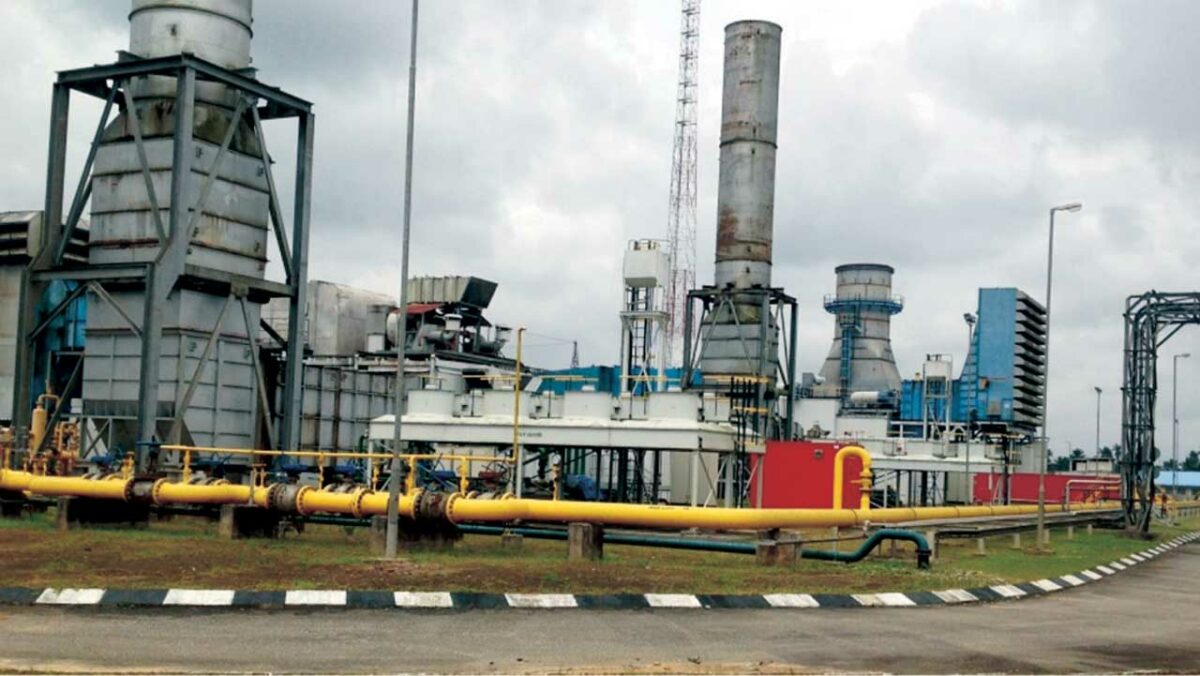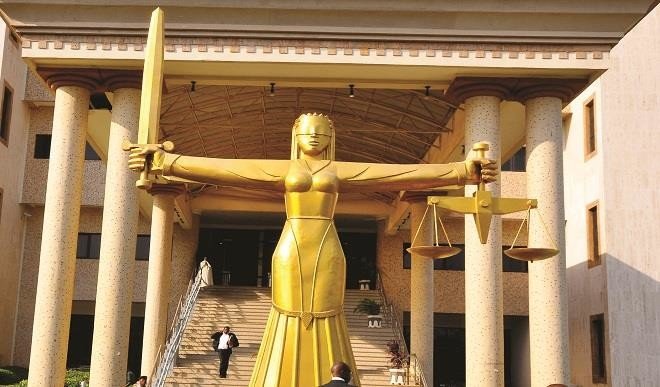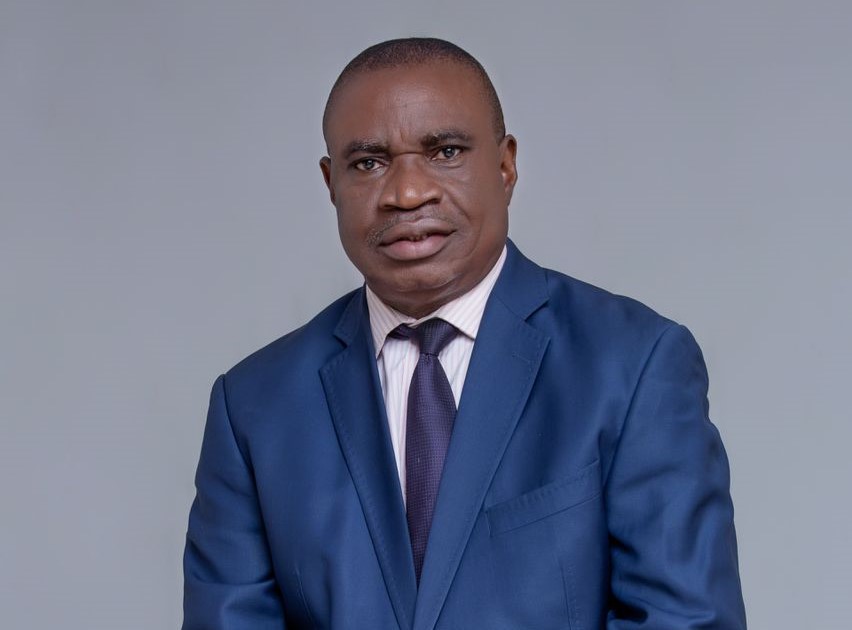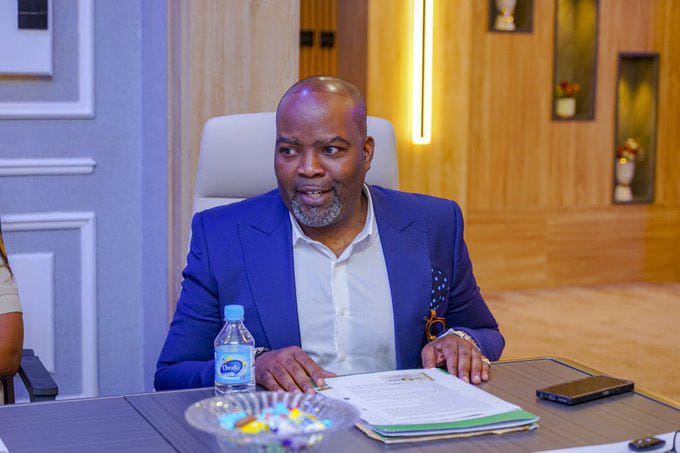In 2022, the federal government and governors of Nigeria’s 36 states reached an agreement to sell five power plants under the National Integrated Power Plants and use the money generated from the sale to fund the 2023 budget.
These power plants, also known as generation companies (GenCos), were the 434 MW gas-fired Geregu II Plant, Kogi; 451 MW Omotosho II Plant, Ondo State; the 563 MW Odukpami Plant in Calabar; the 451 MW Benin-Ihovbor Plant, Edo State; and 750 MW Olorunshogo Plant, Ogun State.
It has been almost two years since this consensus was reached, but the sale is yet to be finalised. Again, in 2024, information about this sale resurfaced, and The PUNCH reported that these plants would be sold for $1 billion.
READ ALSO: TCN: Why Nigerians Are Facing Poor Power Supply
Taking into consideration that this is not the first time the government has sold off national assets and the current state of the country’s energy and power sector, FIJ contacted experts to examine the possible implications of the sale of the power plants.
Bashir Naji, a lecturer of economics and energy researcher, told FIJ in an interview that, ideally, the purpose of the sale is to generate money to boost the country’s economy.
Bashir, however, revealed his concerns about the income generated from the sale not being used for the purpose it was intended to serve, as issues like these are not alien in Nigeria.
“The concerns are that, by the nature of the people that we are, what if these GenCos are sold and the money raised is not used for its purpose? How many times has Nigeria been making money from the sale of so many things that we are not utilising as we should?” He asked.
READ MORE: Despite Yearly Budgetary Allocations, Ajaokuta Steel Company Owes N33b Electricity Debt
On different occasions, the government has earmarked money for projects only for it to be siphoned or not used for the intended purpose.
For instance, after the Transmission Company of Nigeria suspended operations at the Ajaokuta Steel Company for owing N33 billion in electricity debt, FIJ revealed that in seven years, the company got N430 million for electricity and that despite this yearly allocation, Ajaokuta Steel Company still owed electricity debts.
What the steel company managed by the government did with the yearly allocation remains unknown.
Bashir added that there is no guarantee yet that the people in power are not those conniving or conspiring with the bidders of the power plants.
According to Oluseyi Awojulugbe, a senior analyst at SBM Intelligence, this is concerning.
“There is concern about the integrity of those who will end up owning these assets because we have seen and heard about how some national assets ended up in the pockets of some government-favoured individuals,” Awojulugbe told FIJ.
Economists have argued that privatisation gives room for healthy competition, which in turn improves the quality of services being provided. However, this is not always the case, and privatisation does not always equate to good performance.
There have been cases of government assets being privatised and performing below expectations. In 2022, the Bureau of Public Enterprises disclosed that 16 percent of Nigeria’s privatised companies were under-performing.
According to a ThisDay editorial published in 2023, the ills of privatisation are more apparent and consequential in the power sector than in any other sector. The article also stated that many of the investors behind the purchase of government-owned assets were only interested in the worth of the firms and not on adding value, leading to economic losses for the country
In addition to these, Bashir also raised concerns about the experience of whoever would be the successful bidders for the power plants.
“How are we sure that they will be bought by experienced firms and that we are not going into another round of problems in this country? The idea of privatisation is not outrightly bad, but will the government clear our doubts?” Bashir asked.
“The way to get out of this is to make sure that the money generated from the sale is used for the right purpose and that the people bidding are experienced.”
Subscribe
Be the first to receive special investigative reports and features in your inbox.















